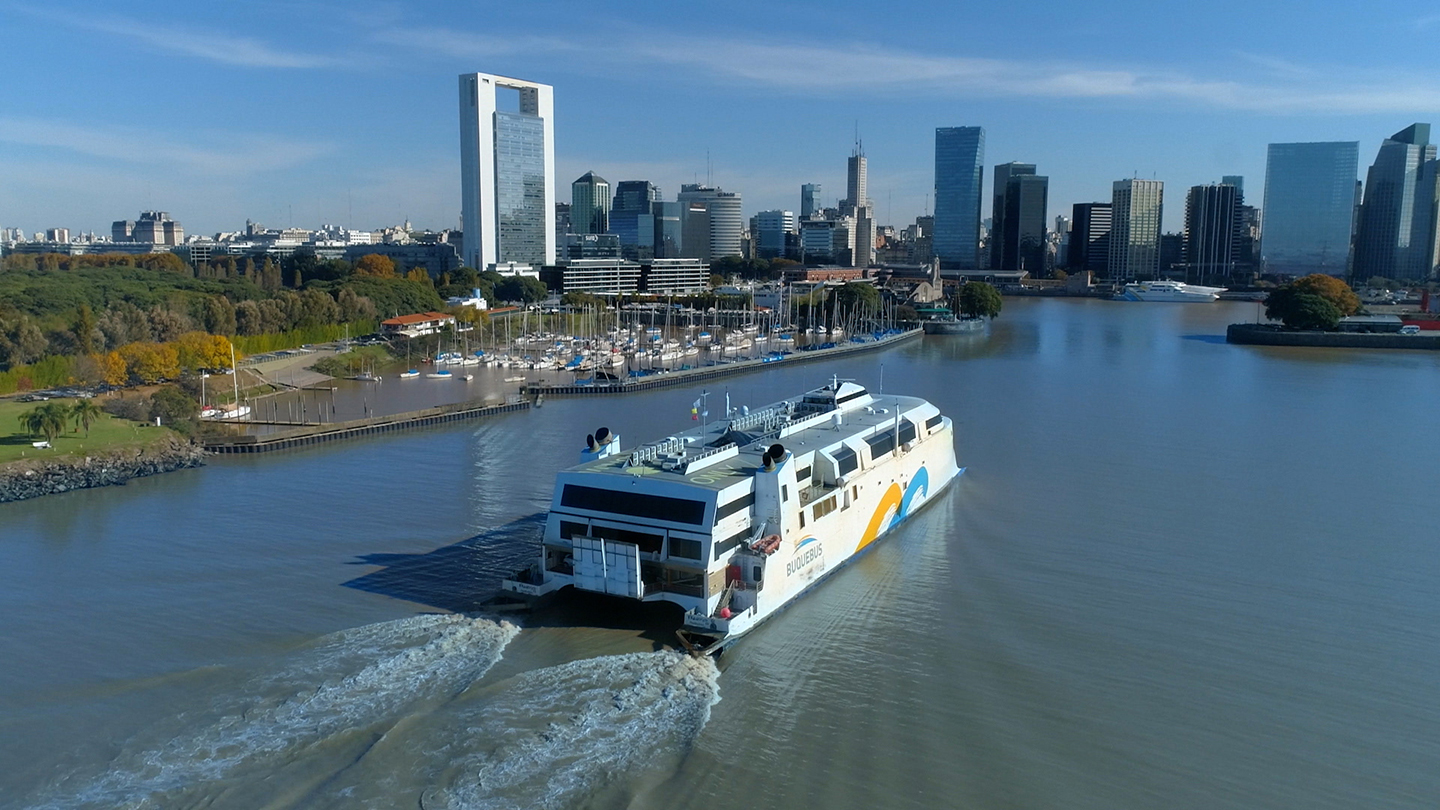Argentina-based ferry operator Buquebus has picked Galileo’s technology to boost production at its liquefied natural gas (LNG) plant in Buenos Aires.
According to a statement by Galileo Technologies, the firm will provide two Cryobox stations to produce LNG, and the plant in San Vicente, province of Buenos Aires, will have a total of nine pieces of Galileo’s equipment.
Currently, the plant produces 66 tons of LNG per day, which is used to fuel the 2013-built LNG-powered fast ferry, Francisco, for its two daily frequencies, resulting in operational savings of 50 percent, Galileo said.
The tech firm said that this percentage would increase “significantly” with the recent acquisitions of the company.
Galileo did not provide further information regarding the contract.
Buquebus launched this small-scale LNG plant in 2014 to provide fuel for its LNG-powered ferry.
The existing seven Crybox stations each have a maximum capacity of 12 tons per day, Galileo previously said.
Buquebus transports the fuel in cryogenic tankers via LNG-powered trucks to its facilities in Puerto Madero.
This allows LNG to reach the end consumer without relying on conventional gas pipeline networks, providing logistical flexibility that contributes to a more efficient and sustainable distribution, Galileo said.
Besides LNG-powered Francisco, Buquebus ordered another high-speed LNG-powered catamaran ferry in 2019 at Australian shipbuilder Incat Tasmania.
However, Buquebus asked Incat Tasmania last year to look into the possibility of switching its ferry order from LNG dual-fuel engines to an electric battery-powered solution.
Incat said in a statement in August 2023 that it has under construction the “largest lightweight battery electric ship” in the world for delivery to its South American customer, Buquebus.

